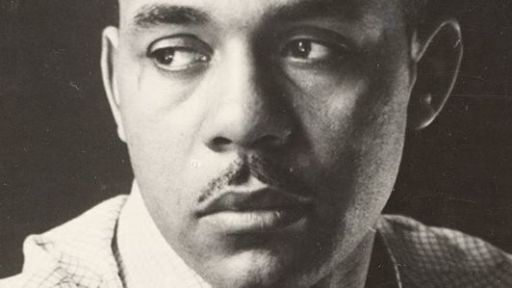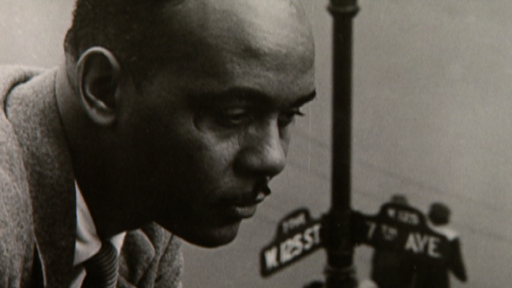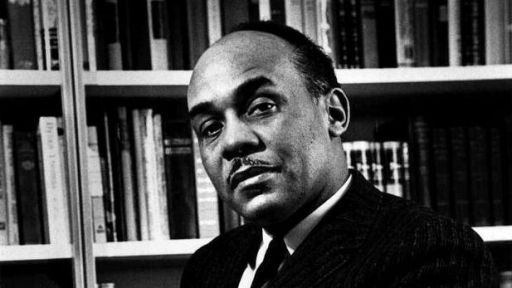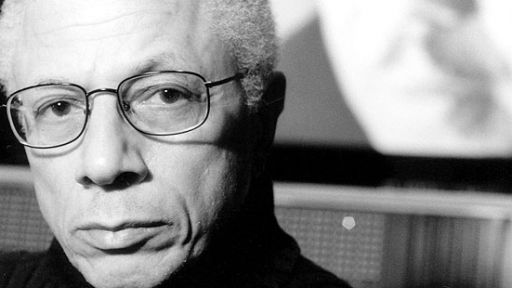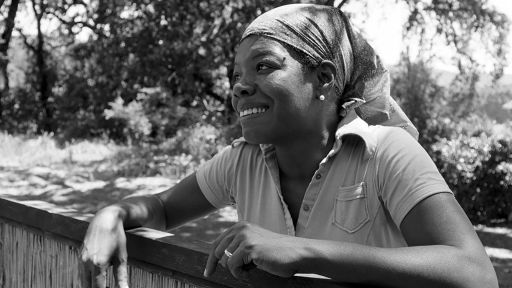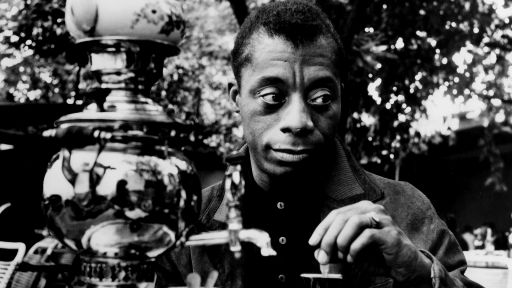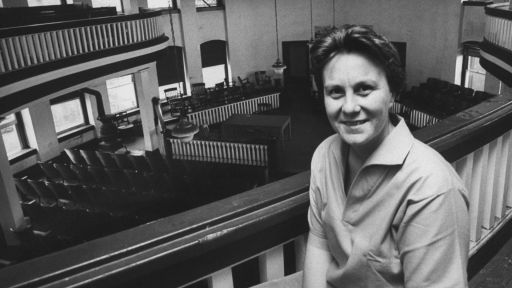Ralph Waldo Ellison is born in Oklahoma City, Oklahoma.
Ellison's father dies. His mother takes on work as a nursemaid, janitress and domestic in order to support the poverty-stricken family.
Hears Lester Young playing with members of the Blue Devils Orchestra -- predecessor of Count Basie's Band.
Graduates from an all-black high school, where he had been first-chair trumpeter in the school band and its student conductor.
Leaves Oklahoma City by freight train to study music at the Tuskegee Institute.
Ellison travels to New York to study sculpture and to make money as a musician to pay for his last year at Tuskegee.
Langston Hughes introduces Ellison to Richard Wright. Wright encourages Ellison to write.
Richard Wright assists him in landing a job with the New Deal's Federal Writer's Project on which he works for nearly four years.
Contributes essays and reviews to the NEW MASSES and other radical periodicals.
For the next six years, Ellison publishes eight short stories, and writing grows in eloquence and complexity from story to story.
Becomes managing editor of THE NEGRO QUARTERLY.
Covers Harlem race riot for NEW YORK POST. Joins the Merchant Marine "to contribute to the war, but [not] be in a Jim Crow army."
"King of the Bingo Game" is published in the journal NOVEMBER. In this short story, he claims to have discovered his own voice.
During summer, he begins writing INVISIBLE MAN while on sick leave from service in the Merchant Marine.
Marries Fanny McConnell, his second wife, who helps support them during the seven years he works on INVISIBLE MAN.
Ellison achieves international fame with his first novel, INVISIBLE MAN.
INVISIBLE MAN wins the National Book Award. Ellison is the first African-American to receive the prestigious literary award.
Moves to Rome as a fellow of the American Academy of Arts and Letters. Begins work on a second novel.
Becomes instructor in Russian and American literature at Bard College.
The literary magazine NOBLE SAVAGE publishes "And Hickman Arrives."
Takes a creative writing position at Rutgers University.
Ellison announces soon-to-be-published second novel.
Publishes SHADOW AND ACT: essays, reviews and interviews about literature, folklore, jazz and the blues.
A BOOK WEEK poll names INVISIBLE MAN as the most distinguished novel published by an American during the previous 20 years.
Substantial portion of the manuscript of his second novel is destroyed in fire that razes summer home in the Berkshires.
Awarded the Medal of Freedom, America's highest civilian honor, by President Lyndon Johnson.
Awarded the Chevalier de l'Ordre des Artes et Lettres by Andre Malraux, the French minister of cultural affairs.
Appointed Albert Schweitzer Professor of Humanities at New York University where he served until 1980.
Speaks at the opening of the Ralph Ellison Public Library in Okalahoma City.
A WILSON QUARTERLY poll identifies INVISIBLE MAN as the most important novel published in the US since World War II.
Ellison tells interviewer "If I'm going to be remembered as a novelist, I'd better produce a few more books."
Random House publishes special 30th anniversary edition of INVISIBLE MAN, with an insightful introduction by the author.
Random House publishes GOING TO THE TERRITORY, a second collection of essays, addresses, and reviews.
Ralph Ellison dies on April 16 at the age of 80 in Harlem.
John Callahan, Ellison's literary executor, produces JUNETEENTH, a selection from the unfinished manuscript.

